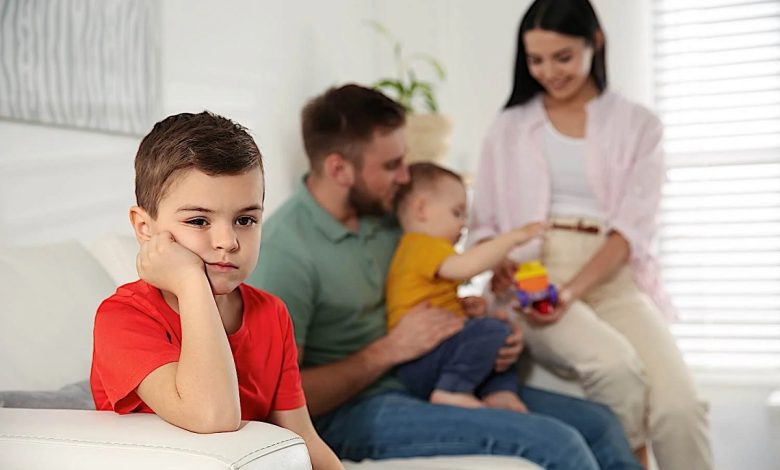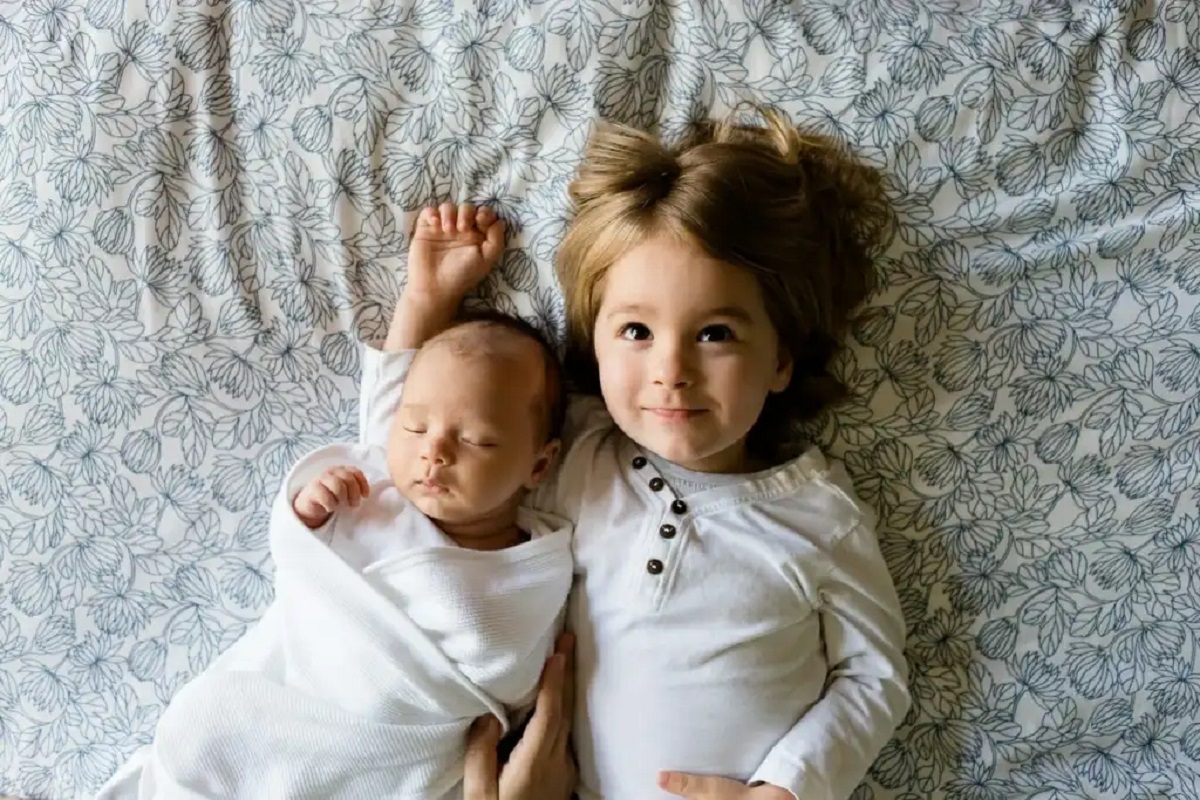Firstborn Mental Health: Firstborn Children More Likely To Suffer From Depression And Anxiety

Firstborn Mental Health: Anxiety in children manifests through symptoms like disrupted sleep, difficulty falling asleep, and unpleasant emotions such as anger, irritability, and extreme clinginess.
According to a new study, being the eldest child or an only child may be linked to anxiety disorders at age eight and even later in life. Researchers from the company Epic in the United States studied more than 182,000 children. Specialists found that the mental health status of these eight-year-olds, who were at the age of anxiety screening, was considered “good.” Epic manages electronic health records across the United States.
Firstborn Mental Health, Among the children studied, firstborns were found to be 48% more likely to develop anxiety and 35% more likely to suffer from depression compared to second-born or later-born children. Only children, who had no siblings, were 42% more likely to experience anxiety and 38% more likely to suffer from depression compared to children with siblings. However, researchers have not yet reached a definitive conclusion on why firstborns and only children are more prone to anxiety and depression. This study comes amid growing concerns about the increasing mental health crisis among adolescents.
Firstborn Mental Health

In 2021, Dr. Vivek H. Murthy issued a 53-page advisory warning that the challenges faced by adolescents were having a devastating impact on their mental health. The U.S. Preventive Services Task Force, in its 2022 statement, emphasized that anxiety screening should begin at age eight, noting that about 8% of children between the ages of three and 17 suffer from anxiety. Children under 18 who experience anxiety are at risk of developing anxiety or depression disorders in the future.
Firstborn Mental Health, Anxiety is an emotional state triggered by fear or worry about an unpleasant event. This condition can lead to withdrawal, panic attacks, excessive worry, or other symptoms. The National Institute of Mental Health in the United States states that everyone experiences anxiety at times, but when anxiety becomes so pervasive that it constantly interferes with daily life, it leads to an anxiety disorder. Anxiety disorders, like many other mental illnesses, appear on a spectrum of severity.
Firstborn Mental Health, In children, anxiety often presents with symptoms such as disrupted sleep or difficulty falling asleep, along with negative emotions like anger, irritability, and excessive dependency. In some children, anxiety is accompanied by physical symptoms such as stomachaches and headaches. Consulting a psychotherapist or engaging in family therapy can be effective in treating childhood anxiety. Additionally, maintaining a healthy lifestyle, good nutrition, regular physical activity, and adequate sleep can help reduce anxiety symptoms.
Also Read:
The Impact Of Stress On Physical Health: How Chronic Stress Harms The Body
Prevent Distracting Thoughts: 15-Second Method To Eliminate Distracting Thoughts




